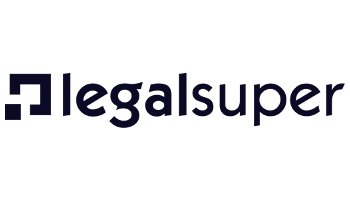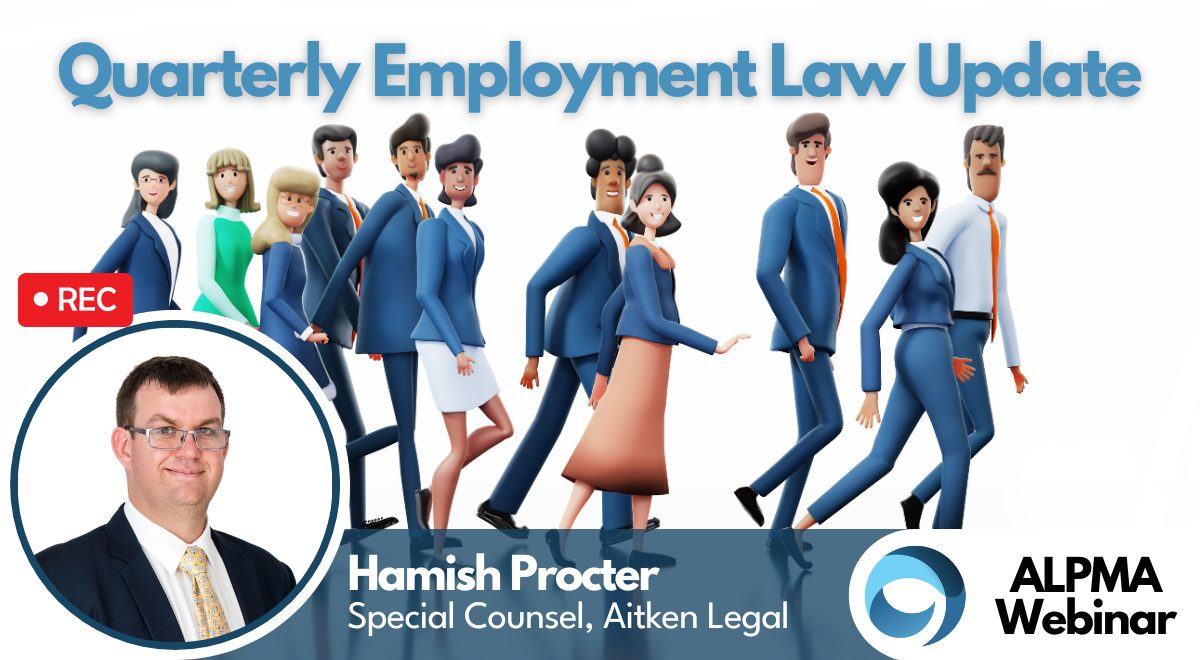With many people working from home and physical distancing still necessary, the importance of peer-to-peer mental health support cannot be understated.
legalsuper has a long-standing and active commitment to supporting mental health and wellness in the legal community. Most recently, legalsuper has worked with Mental Health First Aid Australia (MHFA) and other key bodies such as the Australasian Legal Practice Management Association (ALPMA) to support the delivery of MHFA Mental Health First Aid Training courses to the legal community.
In this blog, legalsuper’s Chief Executive Andrew Proebstl (AP) spoke with MHFA’s International Director of Research and Curriculum Dr Claire Kelly (CK) about the need for mental health training and a focus on peer-to-peer support.

AP: Your organisation, Mental Health First Aid Australia (MHFA), puts an emphasis on how colleagues can help each other with mental health challenges in the workplace. Why do you place such an emphasis on peer-to-peer support?
CK: People can initially be really uncomfortable disclosing information about their mental health to their employer. There can be a real fear about possible impacts on their employment, or their career, perhaps an assumption that they can’t handle their job. There’s a fear that it may become a permanent mark on their record, that they won’t be offered leadership positions or challenging tasks. Talking to a trusted colleague can be easier.
Also, when it comes to physical first aid, we don’t usually mind too much who helps out. If you sprain your ankle in the office, you want someone competent at first aid to wrap it up for you, but you may not worry about knowing or trusting them. With mental health, it’s easier to talk to someone you have good rapport with. This is why it’s important to have several people in the workplace who can have mental health first aid conversations. You might be comfortable to have a supportive conversation with a colleague who has a similar role to yours but having a similar conversation with a junior employee could be misinterpreted as a performance management discussion. Having concerns about your own line manager could be even more complicated. Your employer has a clear and important role to play in helping staff with mental health problems, but often the first step involves seeking peer-to-peer support so the more that your staff know how to handle these issues, the better it is for everyone.
AP: During COVID-19, many people have worked from home. What mental health challenges has this presented?
CK: To start with, people were juggling more roles than ever. On top of their own jobs and responding to new work demands, many parents were home-schooling children. The natural social supports we rely on were inaccessible, along with many services. There was also fear about the pandemic itself. People were worried about family and friends falling ill and hearing a lot of very frightening news from overseas. This all adds up to a huge number of stressors, with no end in sight. This sort of stress has a negative impact on both mental and physical health. Loneliness and isolation are harmful as well, and negative coping strategies such as drinking more alcohol, poor sleep hygiene and working long hours may be easier to reach for, with fitness centres closed and social distancing making it hard to connect.
AP: As people consider transitioning back to working from the office, what mental health challenges does this transition process present, what can employers do for staff, and what can colleagues do for each other?
CK: A sudden shift back to the office will be harder for some than the transition to working from home. A gradual return to the office, working from home on set days, and encouraging people to avoid working very long hours can all be helpful. Consider options for employee well-being programs. There are great resources for workplaces – SuperFriend and Smiling Mind have excellent programs.
Watch out for anyone who may be struggling. Mood changes, sleep difficulties, lack of self-care and withdrawal are all signs that there may be a mental health problem developing. People can go to a lot of effort to conceal their struggles, so make sure to spend some informal one-on-one time with colleagues you think might be having a tough time.
MHFA Mental Health First Aid courses tailored to legal professionals are available in a blended format, with eLearning and a component delivered via videoconference. MHFA courses equip participants to recognise signs that someone they care about may have a mental health problem, have a supportive conversation, and encourage the person to seek professional help. More serious situations such as responding to thoughts of suicide are also covered in the course.
Through ALPMA, and thanks to the support of legalsuper, you can now access Mental Health First Aid Australia’s (MHFA) online MHFA training course that has been specifically tailored to legal workplaces.
legalsuper is here to help
If you would like to meet with legalsuper to discuss any aspect of your super as part of a financial health check-up, our team is available for tailored and personalised 1-to-1 consultations. Contact us via mail@legalsuper.com.au or on 1800 060 312, 8am-8pm (AEST), Monday to Friday to book an appointment.
This information is of a general nature only and does not take into account your objectives, financial situation or needs. You should therefore consider the appropriateness of the information and obtain and read the relevant legalsuper Product Disclosure Statement before making any decision.
Legal Super Pty Ltd ABN 37 004 455 789, AFSL 246315 is the Trustee of legalsuper ABN 60 346 078 879.




